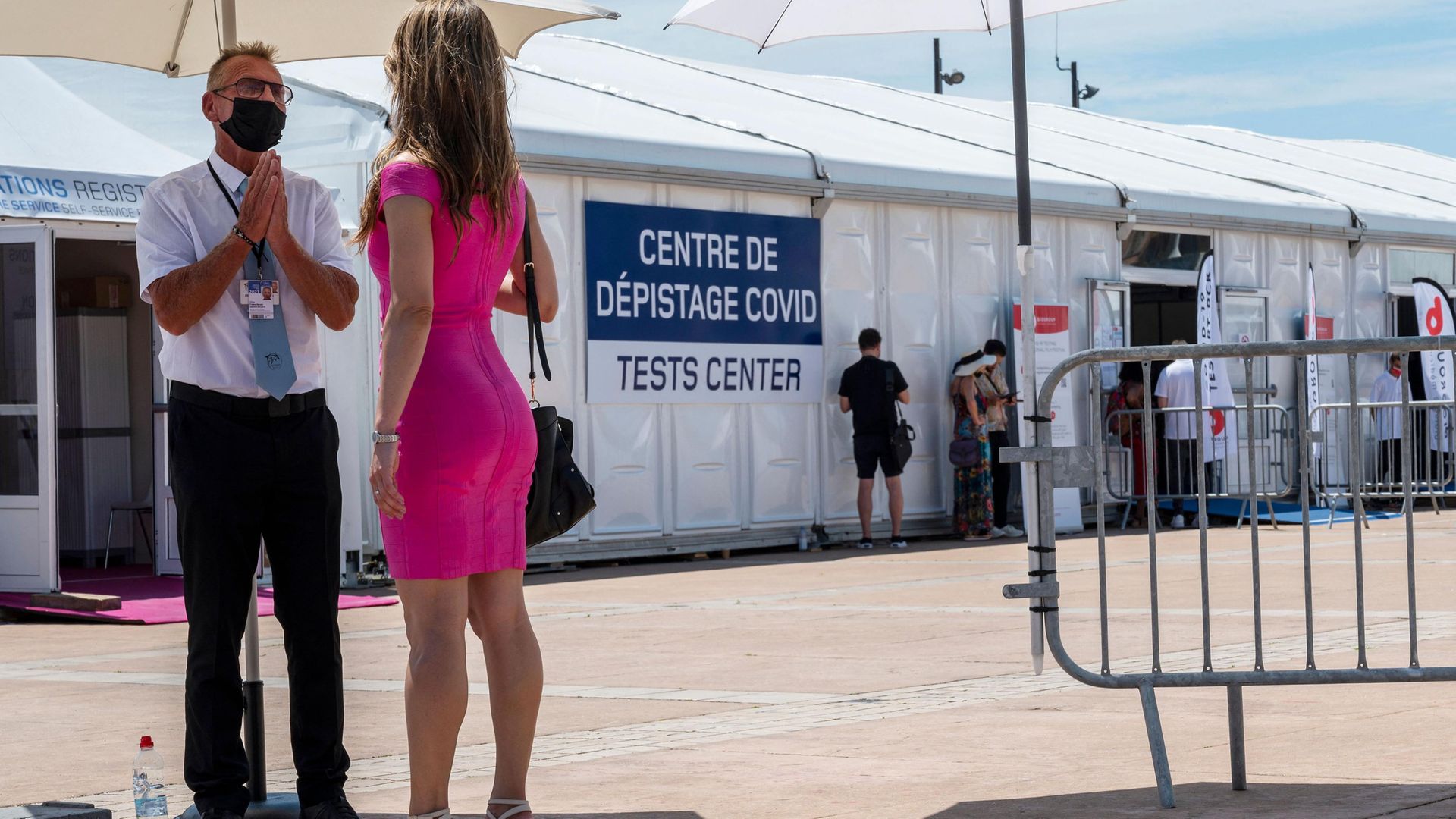
The real story with Covid-19 is that it overwhelmed not just our healthcare system, but our entire system of governance. That’s the lesson of the Hallett report released last week.
Though Baroness Hallett’s report focuses on health, it holds important lessons for what we might do if hit with a large-scale climate disaster, a refugee crisis on the scale of 2015, or a war.
First, it shows that our governance system is a tangled mess, for which nobody can produce a rationale. Local resilience forums mirror the UK’s policing borders, while health resilience partnerships follow the borders of health authorities.
Scotland, Wales and Northern Ireland have their own spider-diagram of overlapping and uncoordinated bodies, and the centre has no clear picture of how the system should operate in a crisis. At the time Covid hit, there was no single minister responsible for combating system-wide emergencies, because the very concept of a systemic breakdown was absent from government thinking.
Second, says Hallett, the risk assessment was flawed. By assuming influenza, or similar, as the “reasonable worst-case scenario”, planners disarmed themselves in the face of what actually hit them – a killer disease that needed to be contained through lockdown and isolation, and which inflicted massive economic and fiscal damage on the UK.
Worse, they had no model of the complexities and second-order effects – indeed their model took no account of the massive existing public health crisis resulting from a decade of austerity, high poverty and the semi-collapse of the social care system.
Third, the response exposed the failure of tick-box governance. During the free-market era, government adopted numerous quasi-market practices whereby hospitals, ministries and quangos judge themselves against criteria normally used in the private sector. Instead of truth, however, this system produces cover-ups.
“There was a failure of the institutions to identify and accurately describe the underlying problems,” writes Baroness Hallett, “compounded by the use of jargon and euphemism to disguise, for example, tasks that had not been completed.”
These structural problems were, of course, compounded by the hubris of Boris Johnson: shaking hands with Covid carriers, letting the Cheltenham race meeting go ahead, keeping the airports open for thousands of Chinese visitors, and then catastrophically late decision-making over lockdowns.
But the structural problems were, themselves, the product of a deeper hubris. The Goldsmiths University economist William Davies defines neoliberalism not as an economic system, but as “the elevation of market-based principles and techniques of evaluation to the level of state-endorsed norms”. At the root of the free-market ideology is the assumption that society behaves like a marketplace; that all complexities can be quantified, all risks calculated arithmetically.
Just as in 2008, the financial economy showed us this was rubbish at the level of economics; the Covid-19 pandemic showed us the same at the level of public health.
The social reality of the world is a complex “system of systems”. It involves eight billion people working, consuming, travelling, communicating – and passing everything from viruses to disinformation – across global networks. It is, intrinsically, far riskier than the risk assessment models sitting in Whitehall could ever contemplate.
And it is clear that this complex, global system produces regular “black swan” events – from 9/11 to the global financial crisis, the 2015 refugee crisis, Covid, the war in Ukraine, and the unfolding breakdown of order in sub-Saharan Africa.
It is logical to assume that coming next in this series will be a climate catastrophe one order of magnitude greater than anything we have yet experienced. On top of that, the risk of a major conventional war – between Russia and Nato, or China and Taiwan, is also non-negligible.
What we need, faced with this, is a resilient state and a resilient society. A resilient healthcare system should carry slack: spare beds, an adequate workforce, stockpiles of stuff you might need not just for a pandemic but for a war or refugee crisis.
The same goes for all aspects of public provision. Yet free-market ideology demands the opposite: that all systems are run to maximum capacity, all goods delivered “just in time” to avoid carrying inventory.
If we switch focus from health to the military – with our armed forces hollowed out and carrying huge gaps in kit and capability – we see the same “accident” waiting to happen. And just as with Covid, official government assessments of the national security risks massively underplay them.
The free-market era did not just hollow out the state. It mandated its operation in a systemically risky way. And the price of each crisis gets higher: the financial crisis lifted UK debt from 60% to 80% of GDP; Covid lifted it close to 100%; and the Ukraine war lifted the cost of servicing that debt fourfold.
The solution is an economic regime change. Labour’s chancellor, Rachel Reeves, has understood the basis of it: her “Securonomics” doctrine says that the state needs to direct the market towards goals of personal, economic and national security. But few in the political class are prepared to accept the magnitude of the problem.
We need a healthcare system capable of coping with vast, global risks. We need the state to have much greater capacity to act, to sense danger, and probably much more centralisation when we go into crisis mode. Why, for example, does Wales need its own “risk register”, when its devolved government would be incapable of mitigating most of the identified risks alone?
Money is only part of the problem. The bigger task is to break our mindset from the assumption that social systems are self-correcting.
It was the state, not the market, that stopped Covid destroying our economy and society. But Hallett’s report shows the British state was chaotic at the moment of truth, and needs major restructuring for the crises to come.
